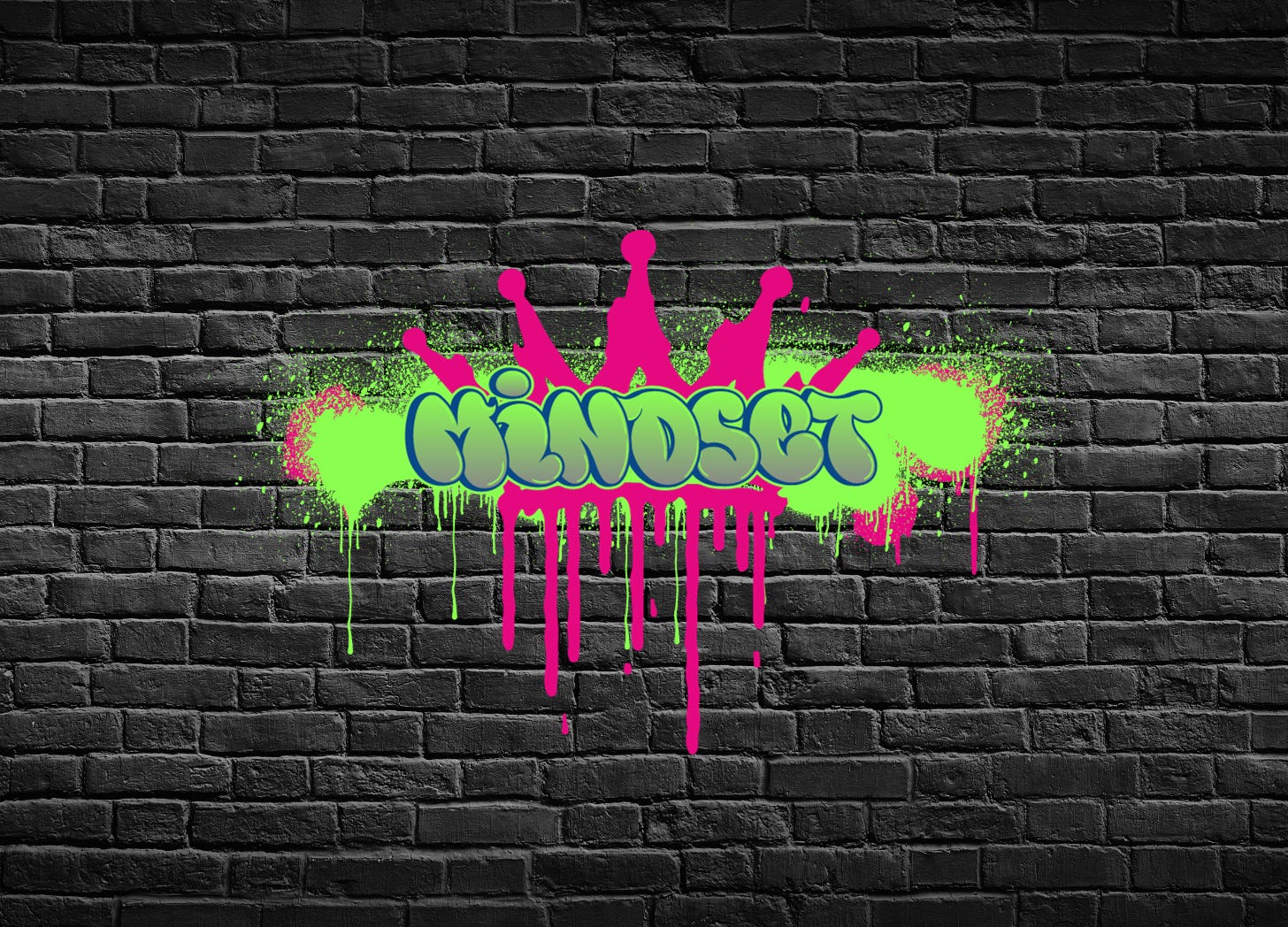Developing A Growth Mindset
How we view ourselves and the way we think about ourselves will have a considerable impact on our performance at work, during studies, and in everyday life. Yet, when was the last time you took the time to think about how you think? Many of us make assumptions about our skills, abilities, and opportunities, which are harmful and result from a limiting mindset. So, what is a growth mindset? And how can we develop one?
Carol Dweck is an American psychologist, Professor, and author of Mindset: The New Psychology of Success; despite the book being published in 2006, its impact has profoundly influenced the world of personal growth. It was Professor Dweck who coined the term growth mindset. In her 2006 book, she explored how an individual's underlying belief about their intellect and learning capability could impact their performance. The study concluded that those who believe they can develop their talents outperform those who believe their abilities are innate and fixed. Ultimately, those with a growth mindset see opportunities instead of obstacles, challenging themselves to learn more rather than sticking to their comfort zone.
"This growth mindset is based on the belief that your basic qualities are things you can cultivate through your efforts. Although people may differ in every which way—in their initial talents and aptitudes, interests, or temperaments—everyone can change and grow through application and experience."
– Professor Dweck
As a result, the growth mindset is a belief system that promotes the idea that abilities and intelligence are aspects of oneself that can be developed, evolved, and improved over time. A growth mindset embraces and allows learning, resilience, and growth, even from perceived failures. Nonetheless, it is a perspective that can be developed, matured, and nurtured rather than an innate trait.
Individuals experiencing perceived failure are frequently disabled by a limiting mindset — that is, a mindset that considers abilities and talents are handed down from heaven, limited, and only barely capable of improvement. If this describes you, you may believe that you were born with specific characteristics, both positive and negative, that are unchangeable, even over time. Individuals with a limiting mindset typically recognize the value of training and education. Still, when it comes to expanding their horizons and envisioning an exciting future state, it is frequently just outside of their scope.
Developing a growth mindset necessitates a deliberate shift in approaching perceived failures. A growth mindset is constantly improving, expanding, and enhancing all the abilities and talents handed down from heaven, as well as adding to and improving those acquired along the way. You don't just believe this when you have a growth mindset; you live it. It's about seeing opportunities for learning and growth in every situation, even from perceived failures. As Henry Ford is said to have said, "Whether you believe you can do something or not, you are right."
But what are the spiritual implications of having a growth mindset? After all, we aren't just human beings; we are also spiritual beings.




